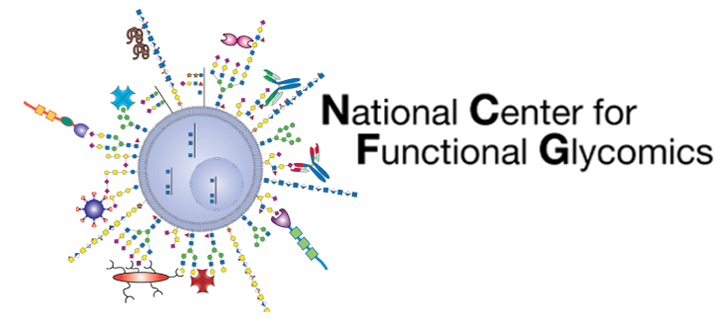Kudelka M, Stowell S, Cummings R, Neish A. Intestinal epithelial glycosylation in homeostasis and gut microbiota interactions in IBD. Nat Rev Gastroenterol Hepatol. 2020;17(10):597–617.
Abstract
Inflammatory bowel disease (IBD) affects 6.8 million people globally. A variety of factors have been implicated in IBD pathogenesis, including host genetics, immune dysregulation and gut microbiota alterations. Emerging evidence implicates intestinal epithelial glycosylation as an underappreciated process that interfaces with these three factors. IBD is associated with increased expression of truncated O-glycans as well as altered expression of terminal glycan structures. IBD genes, glycosyltransferase mislocalization, altered glycosyltransferase and glycosidase expression and dysbiosis drive changes in the glycome. These glycan changes disrupt the mucus layer, glycan-lectin interactions, host-microorganism interactions and mucosal immunity, and ultimately contribute to IBD pathogenesis. Epithelial glycans are especially critical in regulating the gut microbiota through providing bacterial ligands and nutrients and ultimately determining the spatial organization of the gut microbiota. In this Review, we discuss the regulation of intestinal epithelial glycosylation, altered epithelial glycosylation in IBD and mechanisms for how these alterations contribute to disease pathobiology. We hope that this Review provides a foundation for future studies on IBD glycosylation and the emergence of glycan-inspired therapies for IBD.
Last updated on 03/06/2023
